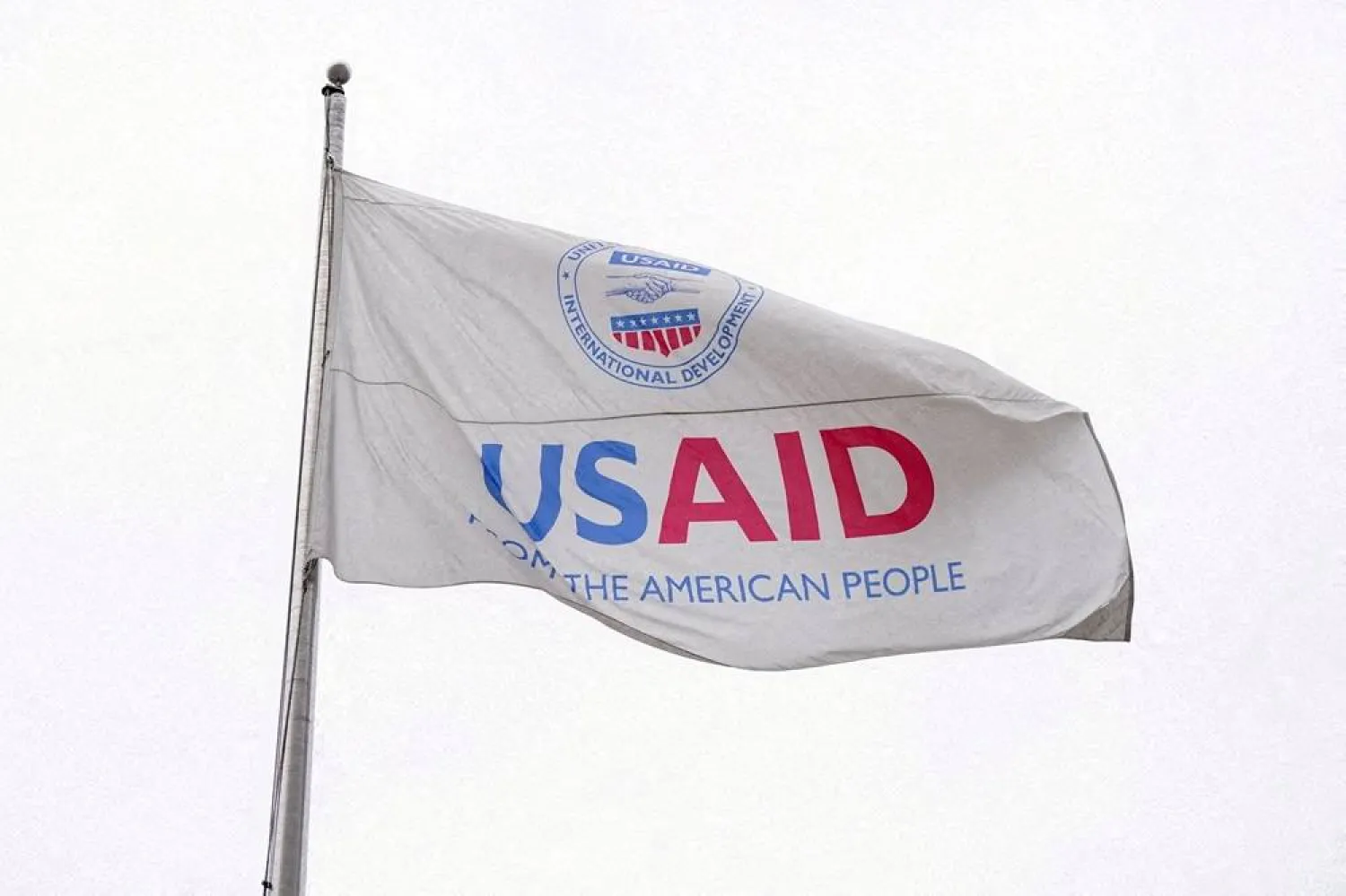The Trump administration has notified the World Food Program and other partners that it has terminated some of the last remaining lifesaving humanitarian programs across the Middle East, a US official and a UN official told The Associated Press on Monday.
The projects were being canceled “for the convenience of the US Government” at the direction of Jeremy Lewin, a top lieutenant at Trump adviser Elon Musk’s Department of Government Efficiency whom the Trump administration appointed to oversee and finish dismantling the US Agency for International Development, according to letters sent to USAID partners and viewed by the AP.
About 60 letters canceling contracts were sent over the past week, including for major projects with the World Food Program, the world’s largest provider of food aid, a USAID official said. An official with the United Nations in the Middle East said the World Food Program received termination letters for US-funded programs in Lebanon, Jordan and Syria.
Both officials spoke on the condition of anonymity because they were not authorized to comment publicly.
Some of the last remaining US funding for key programs in Yemen, Somalia, Afghanistan and the southern African nation of Zimbabwe also was affected, including for those providing food, water, medical care and shelter for people displaced by war, the USAID official said.
The UN official said the groups that would be hit hardest include Syrian refugees in Jordan and Lebanon. Also affected are programs supporting vulnerable Lebanese people and providing irrigation systems inside Syria, a country emerging from a brutal civil war and struggling with poverty and hunger.
In Yemen, another war-divided country that is facing one of the world’s worst humanitarian disasters, the terminated aid apparently includes food that has already arrived in distribution centers, the UN official said.
Aid officials were just learning of many of the cuts Monday and said they were struggling to understand their scope.
Another of the notices, sent Friday, abruptly pulled US funding for a program with strong support in Congress that had sent young Afghan women overseas for schooling amid Taliban prohibitions on women’s education, said an administrator for that project, which is run by Texas A&M University.
The young women would now face return to Afghanistan, where their lives would be in danger, according to that administrator, who was not authorized to speak publicly and spoke on the condition of anonymity.
The Trump administration had pledged to spare those most urgent, lifesaving programs in its cutting of aid and development programs through the State Department and USAID.
The Republican administration already has canceled thousands of USAID contracts as it dismantles USAID, which it accuses of wastefulness and of advancing liberal causes.
The newly terminated contracts were among about 900 surviving programs that Secretary of State Marco Rubio had notified Congress he intended to preserve, the USAID official said.
There was no immediate comment from the State Department.









